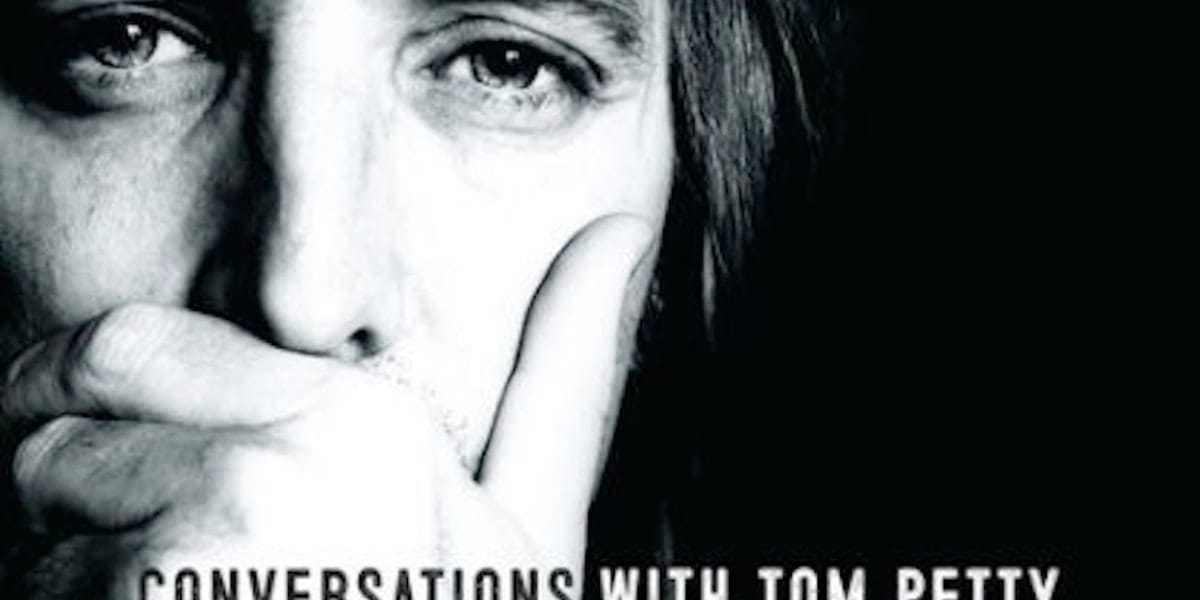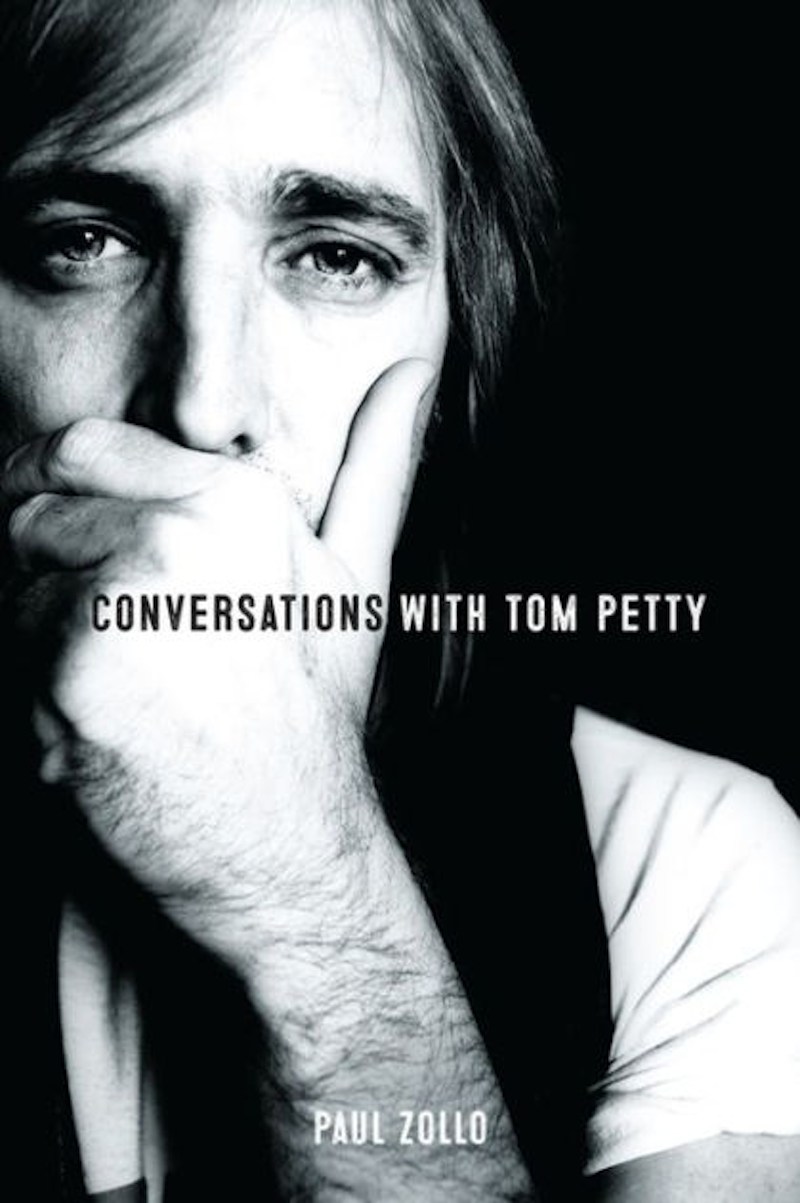Review: "Conversations with Tom Petty"
A book of interviews with a great songwriter and musician yields myriad insights

For this Friday’s musical interlude, I’ve opted to write a brief review and recommendation for the book, “Conversations with Tom Petty,” by Paul Zollo. A shorter version of the book was published in 2012, prior to Petty’s untimely death in 2017. The book has been expanded and updated since, and was published in its current form in 2020, just prior to the pandemic. It’s a beautiful work, with care and dedication suffusing everything from its packaging to its editing.
Petty was the nexus for a host of cultural changes and events from the 1960s through the 2010s — meeting Elvis as a child, being inspired by the Beatles like tens of thousands of others, and being an integral part of the explosion of music out of Gainesville in the 1960s (the Allman Brothers, Lynyrd Skynyrd, founding members of the Eagles, and more). He helped ensure the emergence of roots rock in the 1970s, was a main organizer of Farm Aid, and worked with artists across the musical spectrum. As the book unfolds, the list of artists he worked with, influenced, or befriended becomes almost dizzying, from Stevie Nicks to Bob Dylan to George Harrison to Johnny Cash to Jeff Lynne.

But what really sets the book apart is Petty himself — his thoughts, his clear memories of events, his insights into songwriting and performing, and his unblinking assessments of his life.
Zollo captures Petty’s voice perfectly — you can almost hear him speaking through the pages, in the characteristic drawl he had, winsome and wry. Zollo inserts nice stage notes like [Laughs] or [Sings riff] to help bring the interviews to life. This, along with some really well-done italicization, makes the book pulse and vibrate like a conversation.
What comes across is an artist who wanted to bring happiness and joy to the world through music and stories, and who was worried that despite all the great songs he’d written and performed, the world was becoming meaner and less welcoming. He could feel people pulling apart instead of coming together. His antennae — trained to pick up on the slightest vibrations of tales and themes over the decades — were detecting a stinginess and lack of grace in the world around him. And that worried him.
But these concerns only crop up occasionally. Petty was optimistic, accomplished, and a source of joy.
The book is divided into roughly three parts — about half is a biographical interview; about another half is devoted to going through his songs and creative output; and the remainder consists of reviews of shows and remembrances from the last years of his life.
Zollo knows Petty’s music well, having played much of it, so the interviews about the songs are insightful, even down to walking the chord progressions or discussing notable bridge sections or lyrics.
There is one period of Petty’s career that the book spotlights wonderfully — the decade of productivity from around 1987-1997 that included the albums Full Moon Fever and Wildflowers, along with writing and producing for Johnny Cash, writing and performing with the Traveling Wilburys, and touring (as part of the Heartbreakers) with Bob Dylan. During this period, Petty penned or co-wrote classics like:
- “Free Fallin’”
- “Runnin’ Down a Dream”
- “I Won’t Back Down”
- “Love Is a Long Road”
- “Wildflowers”
- “You Wreck Me”
- “Yer So Bad”
- “You Don’t Know How It Feels”
- “Crawling Back to You”
- “You Got It” (written for Roy Orbison)
- “Handle With Care” (Traveling Wilburys)
- “Into the Great Wide Open”
- “Learning to Fly”
- “End of the Line” (Traveling Wilburys)
- “Jammin’ Me”
- “Mary Jane’s Last Dance”
- “Something In the Air”
According to Petty, during this period music was coming so easily to him and his main collaborator — the great Heartbreakers’ guitarist, Mike Campbell — that they’d often hit “record” before they had firm lyrics or knew quite how a song would go. More often than not, lyrics appeared out of thin air, and musical moments like the great solo ending “Runnin’ Down a Dream” took over, with Campbell wailing away, stock still and seated, in a tiny home studio while Petty and others watched.
Throughout the interviews, the workman-like quality of songwriting, recording, and performing comes across really well, and you realize that Petty was so productive because he was very, very professional.
The book also features wonderful photographs from Petty’s life, including a haunting portrait of Petty taken by the author at his final show.
If you’re a music fan, and enjoy reading about the magic of songs and musicians, this book may be just the ticket. It definitely made me appreciate anew how important such ambassadors of joy and inspiration are in our lives. Or, as Petty famously said:
Music is probably the only real magic I have encountered in my life. There’s not some trick involved with it. It’s pure, and it’s real. It moves, it heals, it communicates, and does all these incredible things.
Highly recommend.